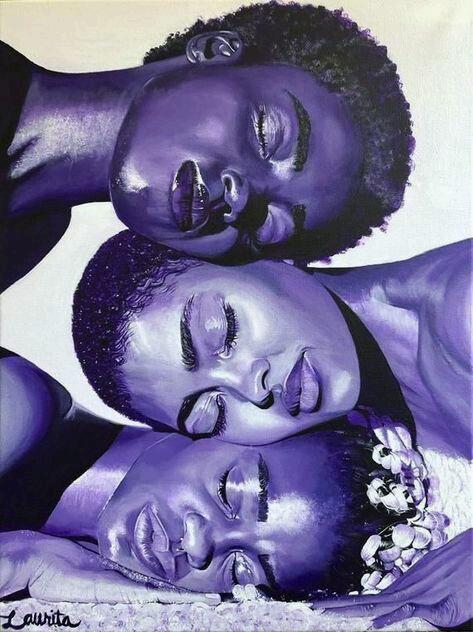

ALUMNI INTERVIEW
ARTIST STATEMENTS
EMMETT TILL SCHOLARSHIP
BLOSSOMING SEEDS PODCAST SERIES
GRADUATING SENIORS
PAGE 17-19
SENIOR REFLECTION







ALUMNI INTERVIEW
BLOSSOMING SEEDS PODCAST SERIES
GRADUATING SENIORS
PAGE 17-19
SENIOR REFLECTION




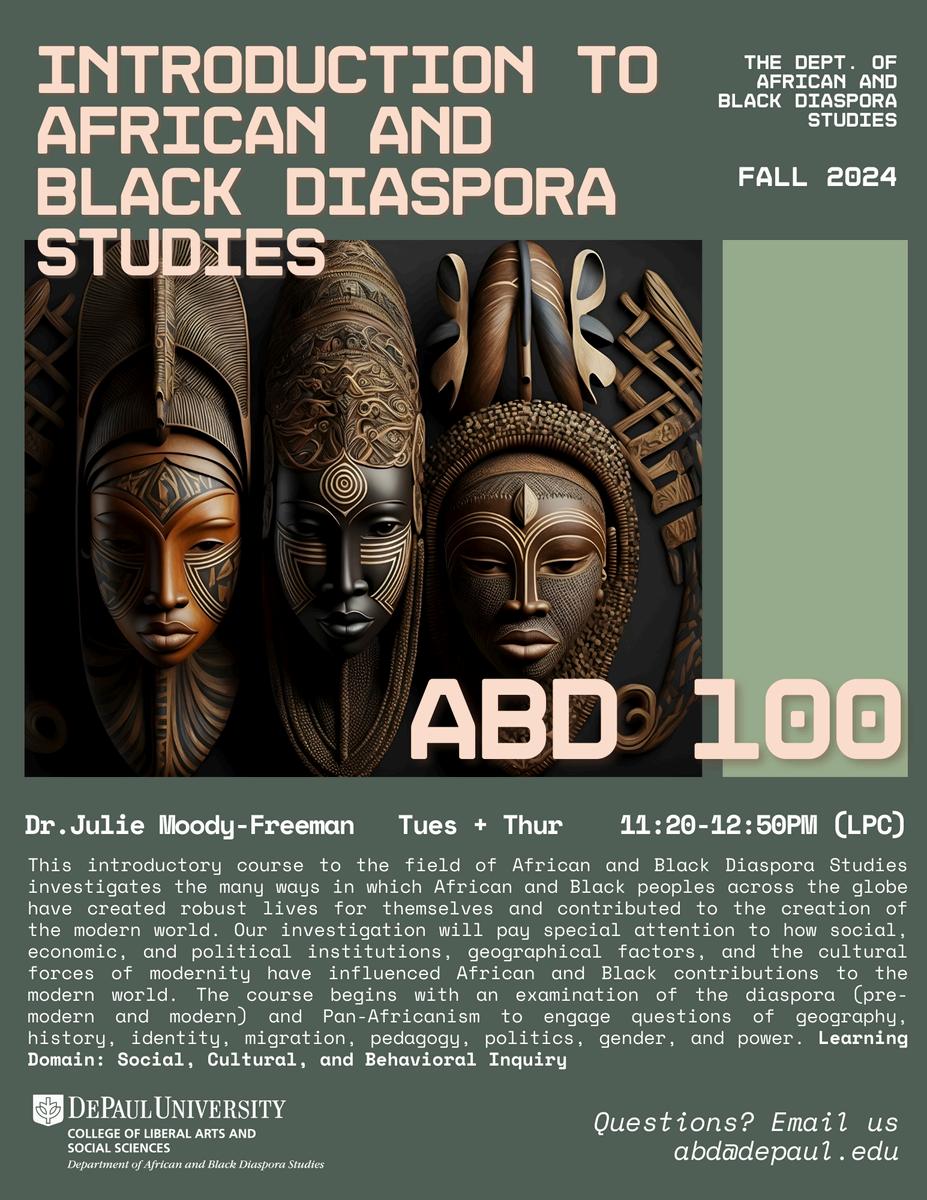
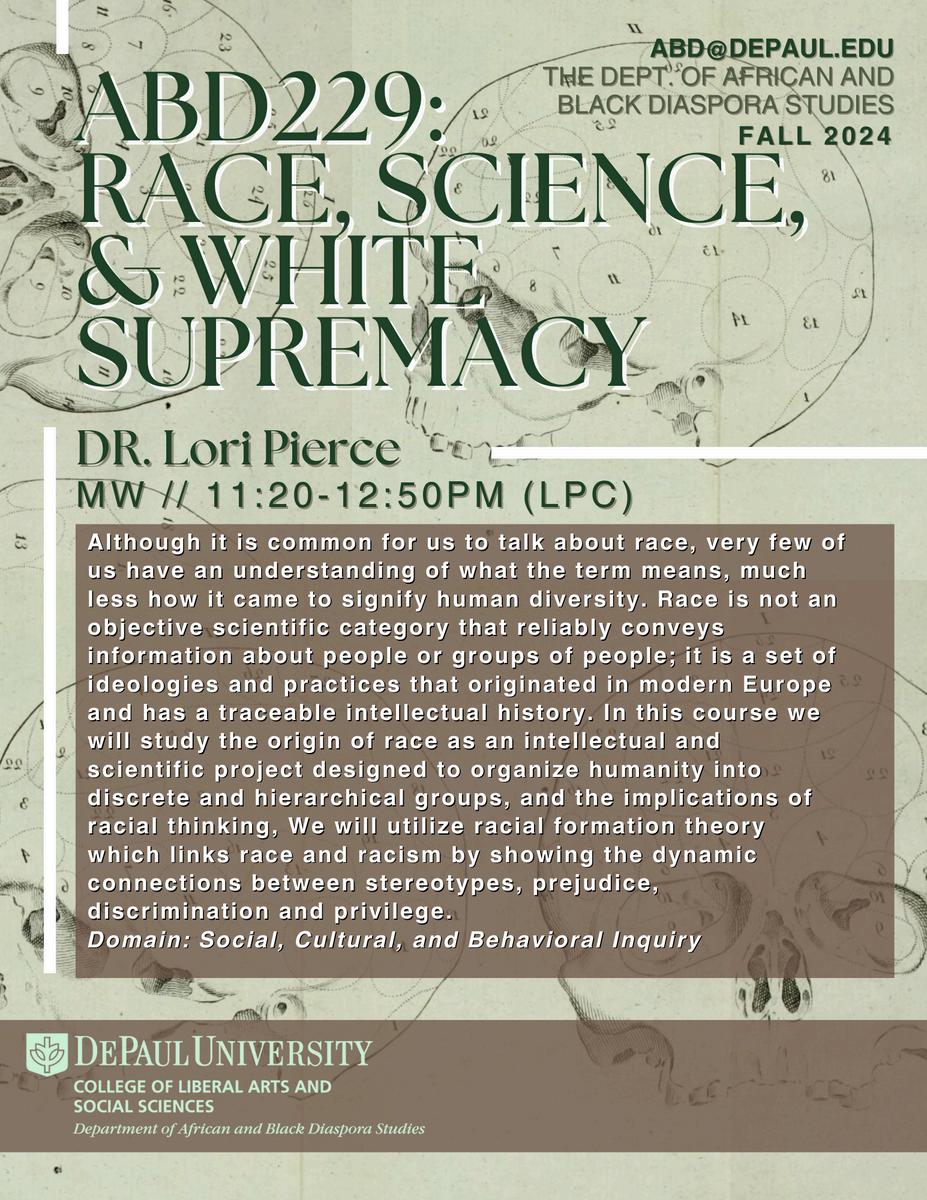

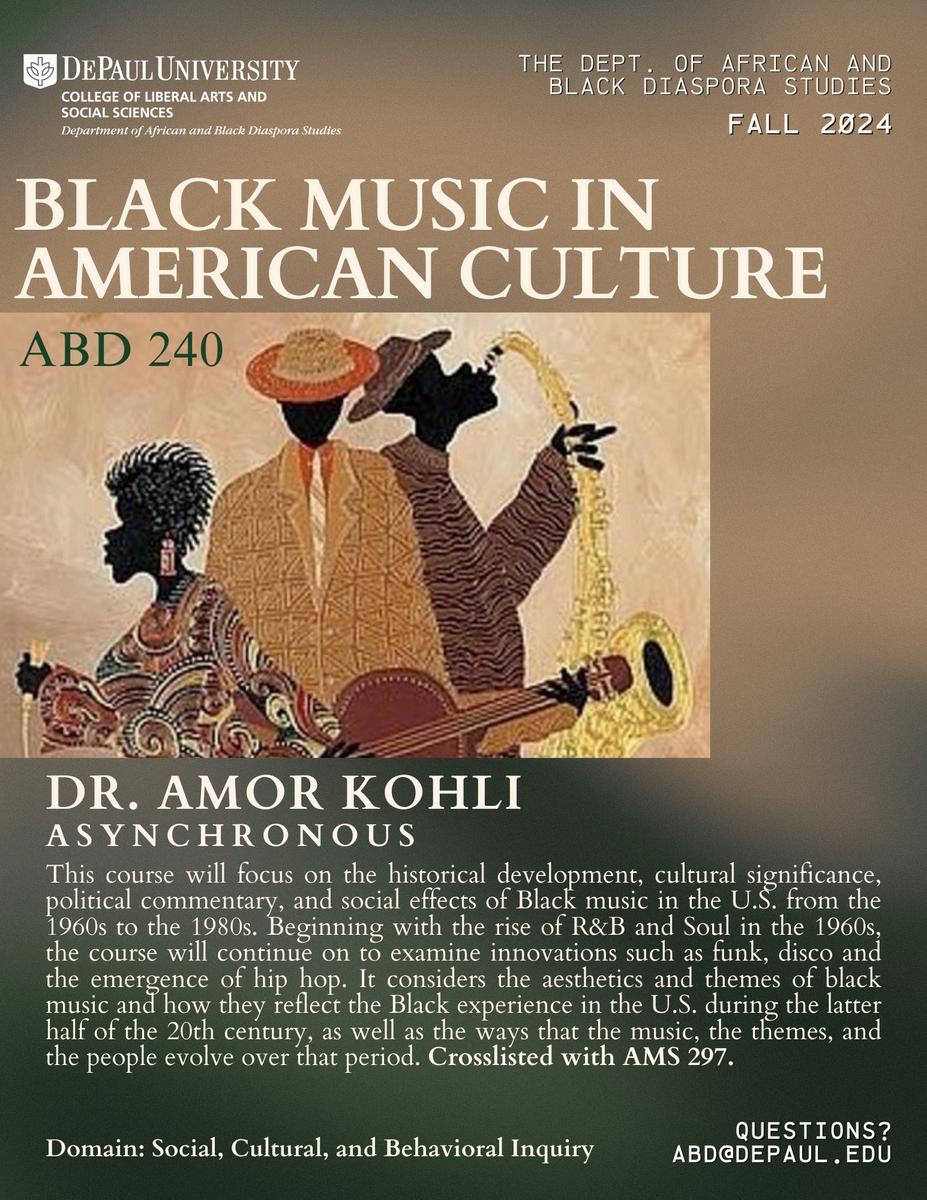

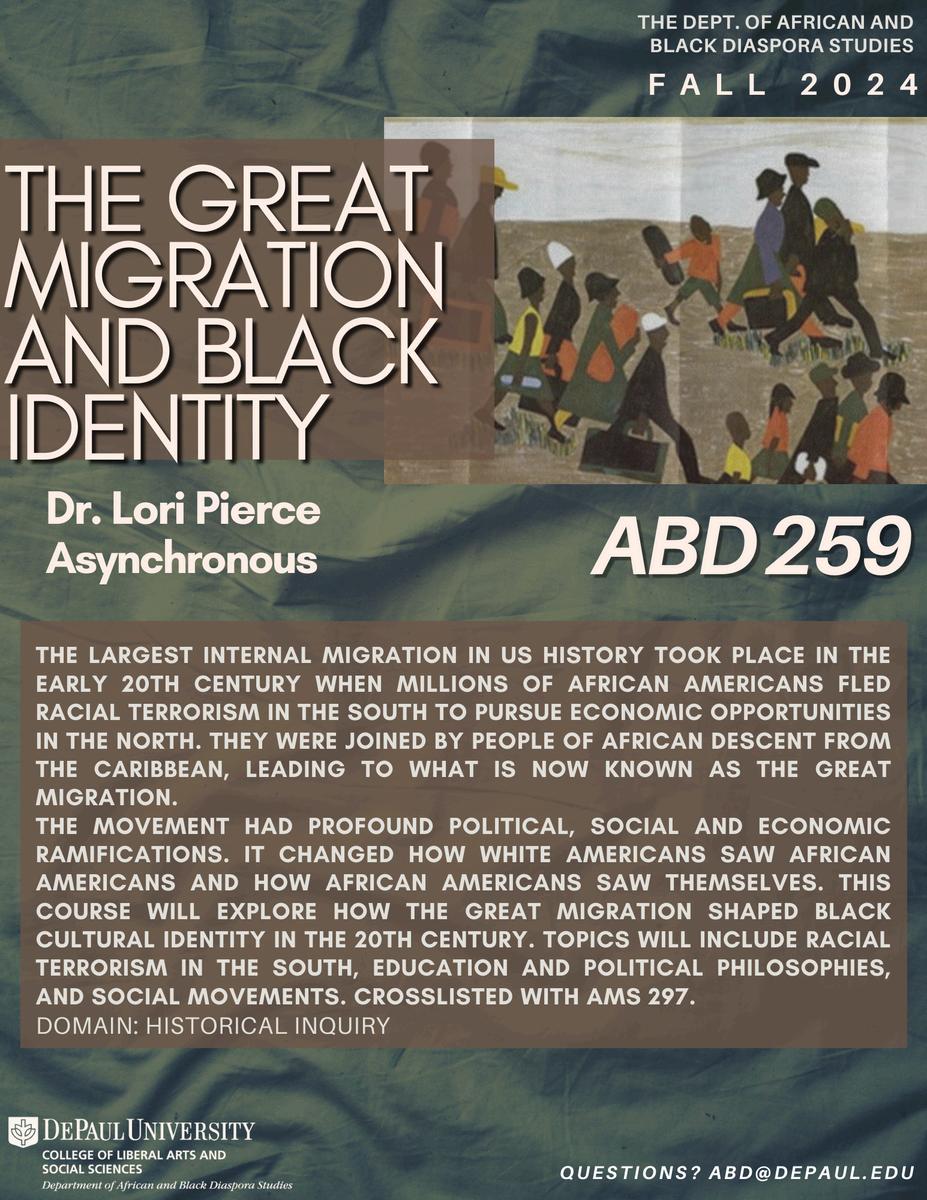

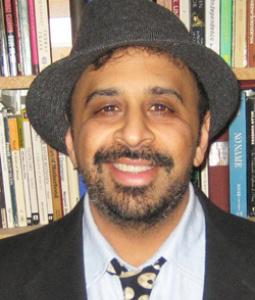
I’m pleased to present the Spring 2024 edition of the ABD newsletter, “We Are Here”. Thanks to the editor, Airianna O’Donohue, for all her work on this newsletter. She is graduating this year and we appreciate all the work she has done for the department! Thanks, also, to Aliyah Philip, our former department assistant for her work on design and layout.
We welcomed two new faculty members this year. Dr. Xorla Ocloo joined us as an assistant professor in ABD and Environmental Studies, and we welcomed Dr. Taurean Webb, as the Social Transformation Research Collaborative Post-Doctoral Fellow in ABD. The University has thankfully renewed Dr. Webb’s fellowship for another year. Both have been wonderful additions to the department and the University.
On the other hand, we will also say farewell to another faculty member. Dr. Ashley Stone has come to the end of her term as the Ida B. Wells-Barnett Postdoctoral Fellow. She has been here for two years and will be moving on to other endeavors. Thank you to Dr. Stone for the contributions that she has made to the department over the last two years. We look forward to hearing more about Dr. Stone’s accomplishments over the coming years. Farewell and thank you, Dr. Stone.
Congratulations to our graduating ABD majors and minors. You’ve all worked hard to get to this point. I hope you can take a moment to reflect on all that you have achieved and all of the great things that you’ll be able to accomplish going forward.
As we move into the summer, consider taking advantage of some of the summer reading recommendations in this newsletter. Have a good end to the quarter and a great summer.
ABD DEPARTMENT CHAIR
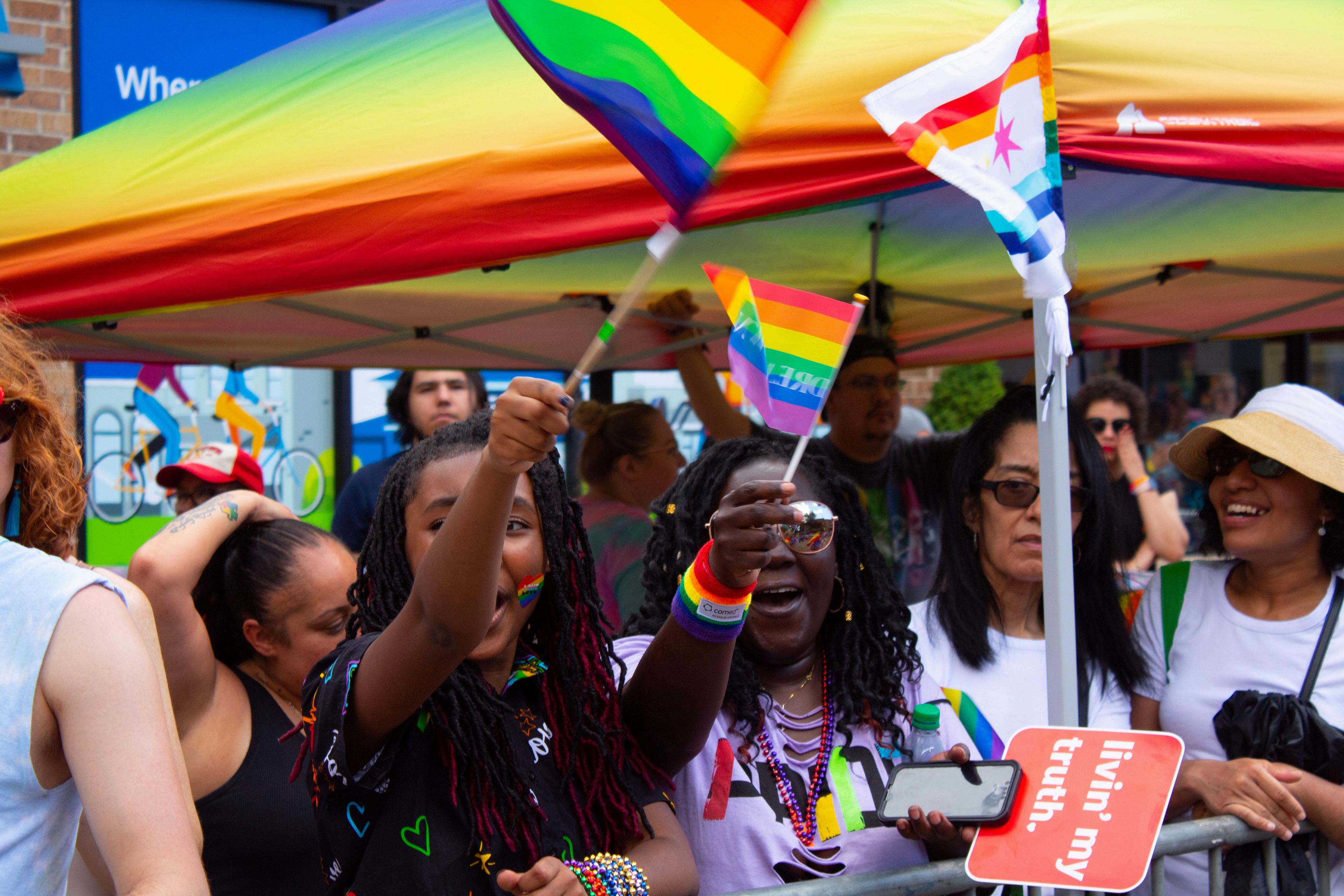
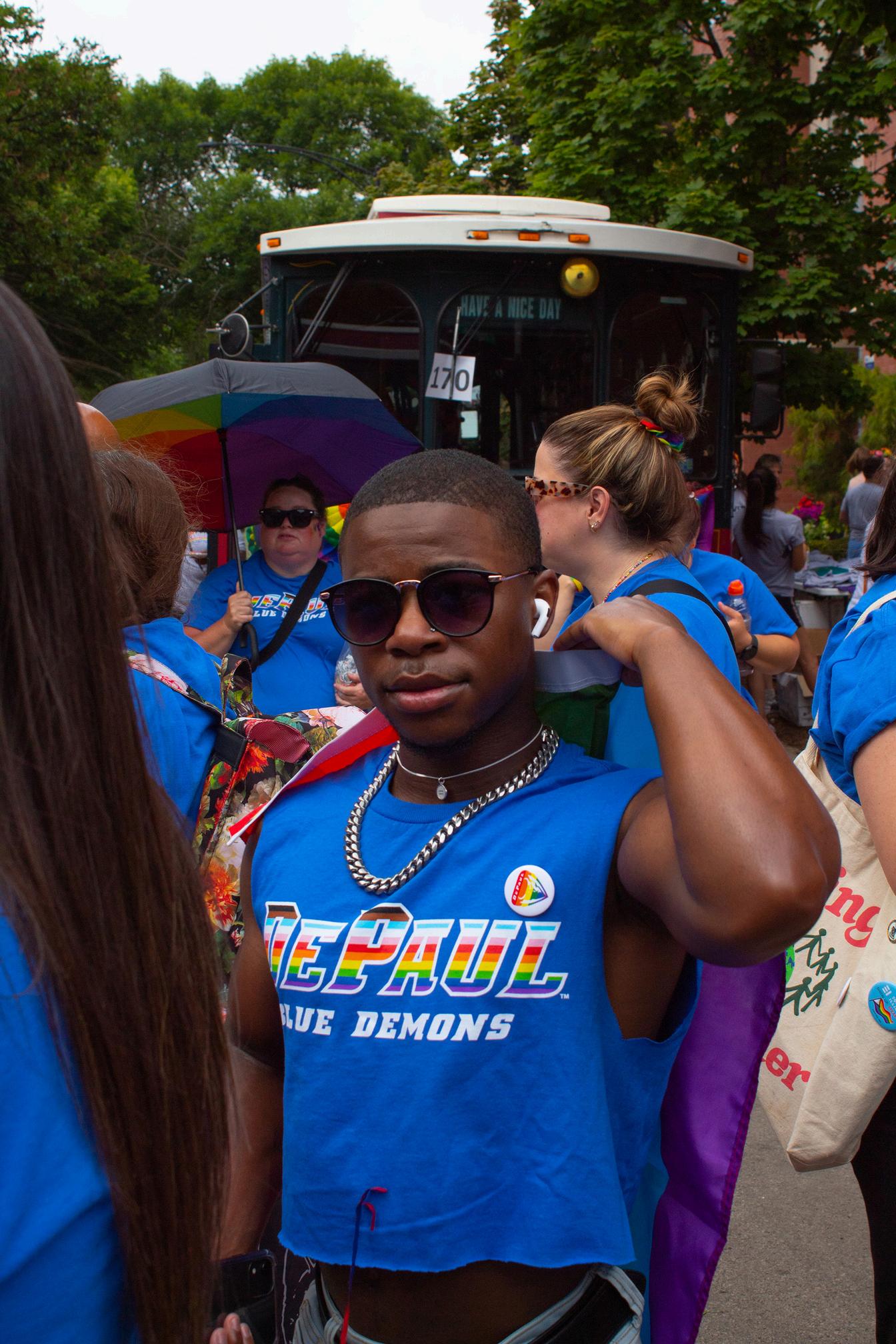
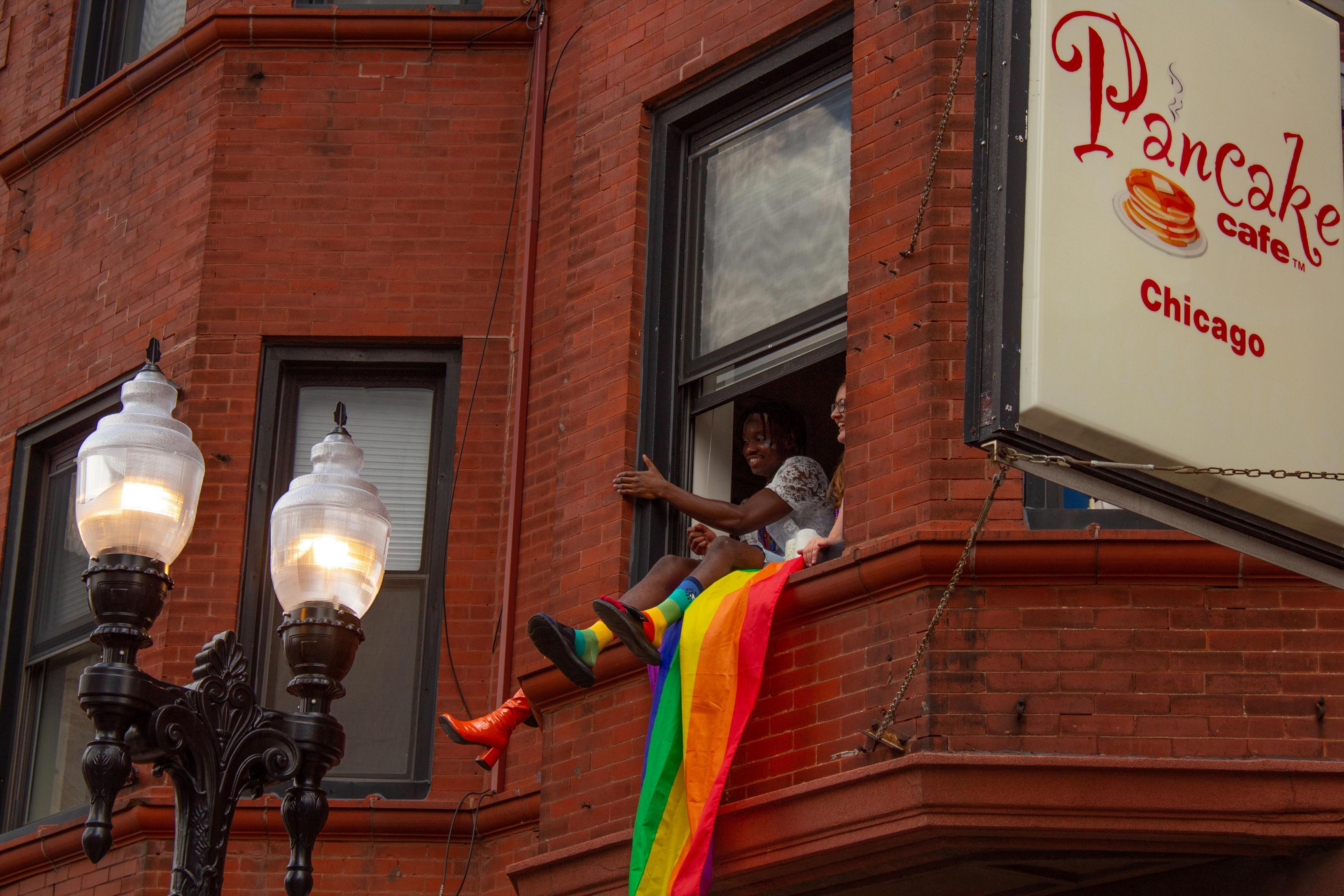
“WHAT BETTER PLACE TO CAPTURE QUEER, BIPOC JOY AND EXPRESSION THAN AT ONE OF THE GAYEST CELEBRATORY EVENTS OF THE SUMMER IN CHICAGO?”
WORSHAM
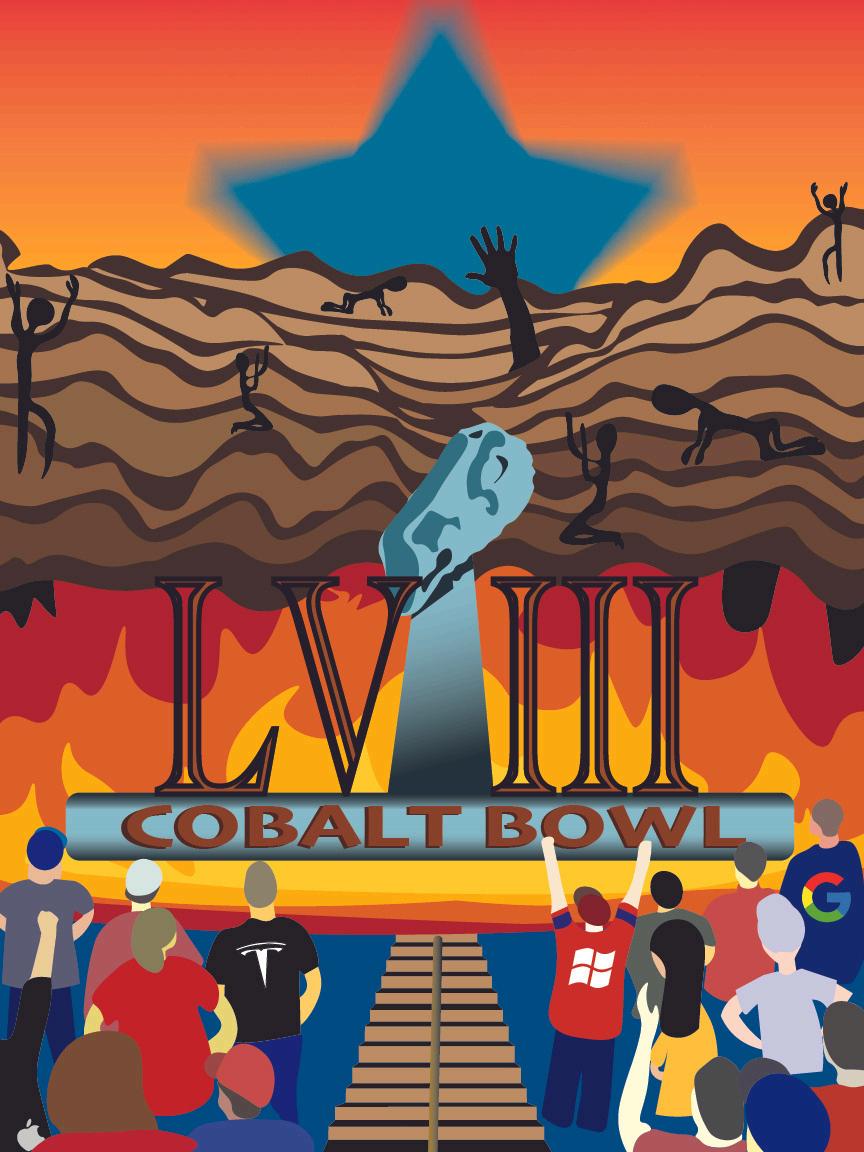
“Cobalt Bowl” NINA HUDSON
Hello, my name is Mikyhia but my friends call me Kai. I’m a Black, queer, and disabled photojournalist with a concentration on street photography. My work primarily focuses on pushing the boundaries and limitations of storytelling in new and unconventional ways. Through my work, I hope to uncover lost stories through visual art. I’m very passionate about community care and engagement. Working frequently in spaces of community outreach, and advocacy---I focus on showcasing the vibrant lives of marginalized communities. With my platform, I aim to amplify those voices, embodying a strong commitment to social change and equitable representation through the power of visual storytelling.
After practicing photography for a couple of years now, I’ve found street photography to be the most comfortable. Here I’m able to capture people just simply being and honestly, that’s all we can do in this life. Human experience and connection is what I’m after Talking with my subjects, even if it's just a brief conversation, is integral to me
Not only was this my first Chicago Pride but it was also one of my first works in street photography I attended with a DePaul-affiliated group so I was able to march in the Parade with all these random strangers and talk with them and get to know them and their stories You’ll see some of those very people photographed here in this collection
On top of that, It had rained that day so people were soaked down to their socks; the heat was sweltering, floats in the parade were out of order at one point, and after traveling so many different ways to get there, many of us had been waiting for hours for the parade to start myself included. Everything that should have made this event a recipe for disaster happened, yet it was anything but that.
-

The mining of cobalt and copper in the Democratic Republic of the Congo (DRC) and Sudan continues the capitalistic destruction of African countries while producing products that create leisurely lives in the Western world While major companies such as Apple and Google sponsor modern-day genocide to produce mined cobalt, others stand around and promote the abuse of Africans and African land. The artisanal and small-scale mining of cobalt and copper account for modern-day slavery, child abuse, dispossession, and unfair treatment of women
The star in the background against the horizon of the sun not only brings appreciation to the DRC’s national flag, but it is also a horizon that inspires the idea of hope that the people in power no longer rule, and justice can be served to the Congolese and Sudanese people With low life expectancy rates, child labor, and extreme cases of sexual assault, it is crucial that the fate of the Democratic Republic of the Congo and Sudan be put in the hands of the people who suffer the most and who want the best for their people and their land.

interview conducted by
Airianna O’DonohueI met with Kamelotte Gregory, an ABD alumni who graduated from DePaul in 2018! She currently works in Leadership Development at Salesforce, named the world's largest enterprise software firm in 2022 that continues to provide customer relationship management software and applications focused on sales, customer service, marketing, e-commerce, analytics, and application development. In this interview, Kamelotte demonstrates one of the many ways a degree in ABD has helped her achieve personal and career success.
After graduating from DePaul, I got my master's in leadership development from North Central College, and I had the opportunity to stay there for a bit. I would get to be an instructor, I taught design thinking for social impact and a class on social innovation and systems. That led me to apply to a doctoral program at American University to get my Doctor of Education, it’s a great program [with an] anti-racist focus. It's a hybrid program, so I go back and forth a bit from [Chicago] to DC, which has led me to write my dissertation which is all about the toll microaggressions take on Black educators in predominantly white institutions.
How did your ABD major impact your master's course?
Well, you know, I didn't find my master's course to be too fulfilling. I will say I knew I wanted to zone in on leadership development. What sometimes happens with grad programs is they're excited to get students there, but they're still [thinking along the lines] of “what do we want this to be?” So not putting down the program at all, but I think I was craving a really rigorous program that allowed me to dive into not just base level leadership, but what affects leadership. What are the problems that can arise depending on your gender or your race while you're still in a leadership position? For my doctoral program, I had to do a writing sample from my grad degree and I just said “no”. Instead I did one from my ABD classes because of the papers that I wrote there, how challenged I felt there, and how specific they were on their edits, really prepared me for that [PhD] program, more than my grad degree did.


What aspects of your experiences as an ABD major do you think you carried through to your previous role as the assistant Director for Justice Equity inclusion at Dominican University?
For many institutions after 2020, there were a lot of promises. There was a lot of “We need to do this, Reparations begin now.” I think a lot of people were trying to [help] but were also asking “Where do we even begin?” I had a major that gave me every author, writer, or scholar ever to just pull and conjure up to know where to begin So, that role had me working on a lot of policy and conflict resolution. Most of it was training and development for our faculty and staff. Dominican University is a Hispanic-serving institution (HSI). Even though it is an HSI, it is a historically wide institution. So, there was a lot of training and development. A lot of the authors that I admired learning about in school had an understanding that this system was made in a way that was supposed to be exclusionary, and academia is supposed to be exclusionary, and it is It's very elitist in a lot of ways but I didn't feel like there was a learning curve for that, all the things I studied, helped me hit the ground running.

For all of my life post DePaul, I read. I think once I got into that year of working in Higher Ed [in my previous roles], I started thinking of taking care of myself and I started thinking of what is something that I could do that is still education-based. I can still put an equity lens on [Leadership Development] and I can still push for racial justice and practical solutions to arrive there, but with a different modality, as I go through school at the same time. I love leadership development, I love training and just doing training in general. [So I thought] how can I do this in a different space? And I saw the role come up and I thought, “Oh, we'll see, because I've only ever done this one thing, but then I realized whether it be from ABD or just [a background in] higher education in general, you have so many transferable skills. The application process was pretty great. I got to do a fun final panel interview and did the presentation with all of them and then I started in December and we're currently working with the Leaders Pathway program where we're highlighting inclusive leadership and how to hone your skills.


caring so much that you want to fight against [inequity], and that works in a lot of different fields. Just having [an ABD degree] guides you through whatever you want to do. So I always knew I wanted to work in higher education, but there's not a major in higher education. So I thought, “What is going to be my North Star through [the job search] process” and it was the ABD major. It was learning about these stories that seem very purposefully hidden from the Common Core [Liberal Studies] curriculum Knowing that I can be in a space where I can lift up. So I would say for any ABD major: Number one, congratulations, it's the best major, and #2. When you go forward, just keep all of the connections that you had and all of the lessons that you learned. I was going to teach a class on double consciousness, and I emailed Dr. Kohli out of h e and was like “Dr. Kohli like 7 years ago you taught me this sto d I mem ook acu Th astic oo. two wer o wh




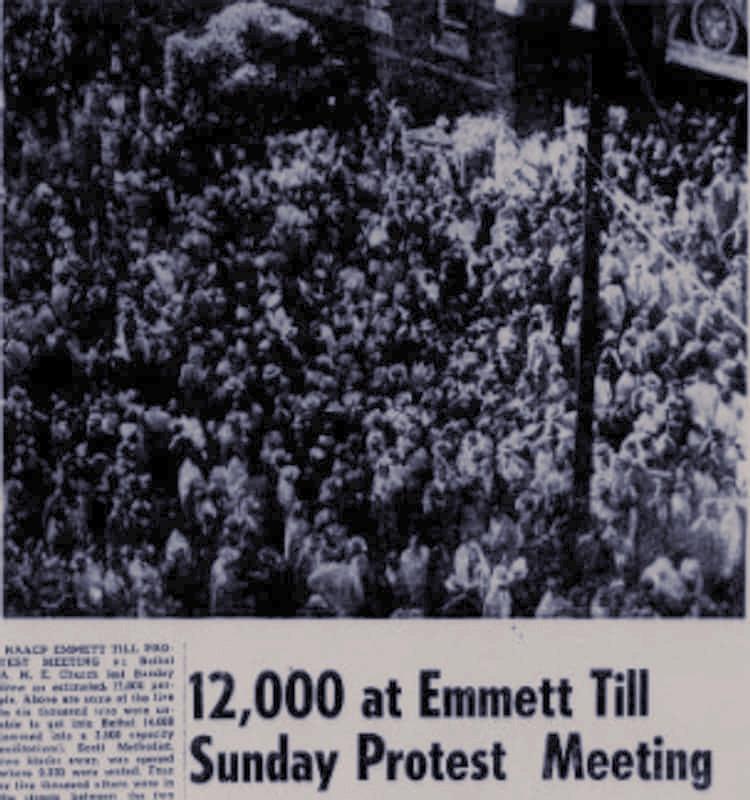
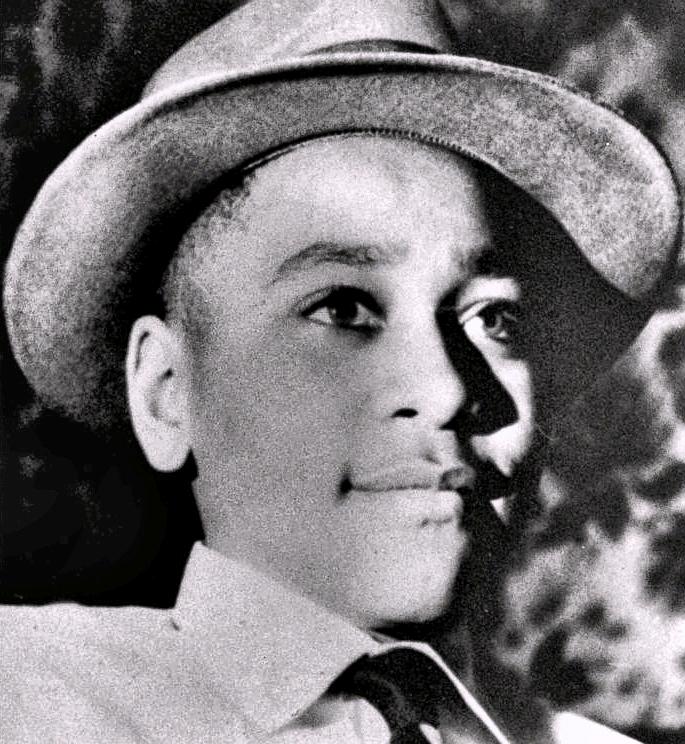
E N D O W E D
This award is named in the memory of Emmett Till. In a narrative of 500-1000 words students were asked to describe how the legacies of the struggle against racial violence- and towards racial justice- have impacted their intellectual development and future goals.
DECLARED ABD STUDENTS
JUNIOROR SENIOR STATUS
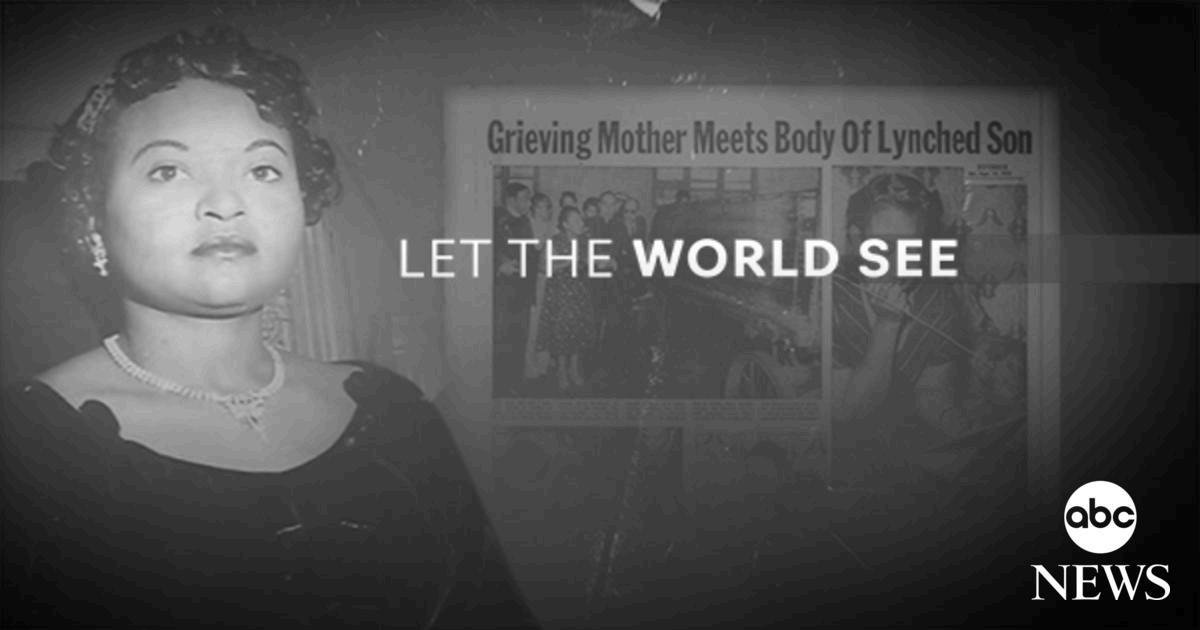
INGOOD ACADEMIC STANDING WITH FINANCIAL NEED


K a s s y S p e a r s
African and Black Diaspora Studies MAJOR
“[The Emmett Till Scholarship] serves as a testament to the importance of education as a tool for empowerment and as a tribute to the countless Black lives that have been impacted by racial injustice.”

W h i t l e y B a g g e t t
African and Black Diaspora Studies MAJOR
“I am honored that [Emmett Till’s] legacy has allowed me to fuel my academic interest in creating solutions for the community we both belong to. I am grateful, immensely; and hope that I too can continue to fuel the minds of the culture in the same way this opportunity has nourished and enriched me.”
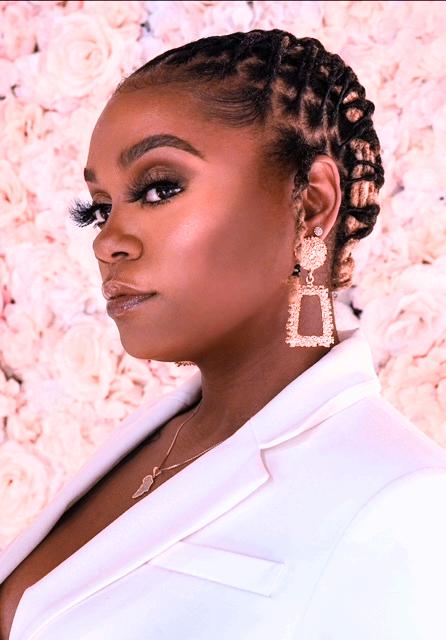
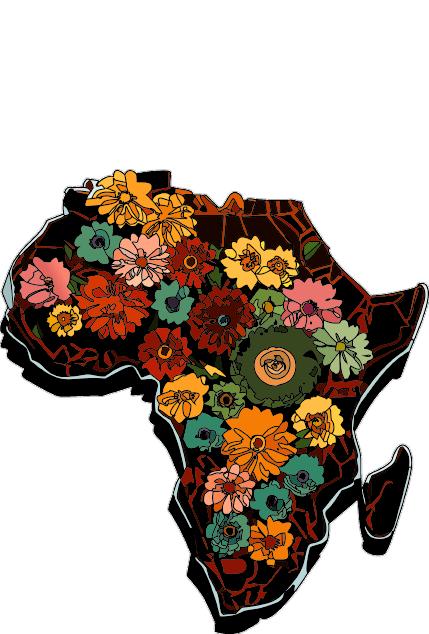
The term “diaspora” derives from Greek, meaning “scattering” or “dispersion.” This term is now used to refer to the dispersal of people but it originally referred to the positive and widespread distribution of seeds. The series title “blossoming seeds” refers to the process of growth and legacy of connections through Black history. In our digital world that constantly circulates the brutalization of Black and Brown bodies, this podcast honors various roots of the Black experience, reminding us that our community and culture do not solely experience oppression. The ABD department is invested in student growth, cultivating those across the diaspora like seeds, and exalting their accomplishments through shared stories. Follow the link below to listen to us give our guests their flowers for their accomplishments while also introducing viewers to various ways of looking at Black studies and important aspects of the Black experience. HTTPS://VIMEO COM/ABDDEPAUL/BLOSSOMINGSEEDS
The Department of African and Black Diaspora Studies presents:

ABD 100: INTRO TO ABD
ABD 200: AFRICA
ABD 206: AFROCARIBBEAN & LATIN AMERICA
ABD 208: AFRICAN AMERICA
200 LEVEL AND ABOVE FOUR 300-LEVEL COURSES
SENIOR CAPSTONE FOUR ELECTIVES
ABD 100: INTRO TO ABD
ABD 200: AFRICA
ABD 206: AFROCARIBBEAN & LATIN AMERICA ONE OF THE FOLLOWING
ABD 208: AFRICAN AMERICA
AT LEAST 1 COURSE AT 300 LEVEL

DOUBLE MAJORING
FULFILL THE ABD MAJOR FULFILL YOUR ADDITIONAL MAJOR DOUBLE COUNT DOMAIN CREDITS STILL GRADUATE ON TIME
4+1: COMBINED ABD B.A. + CRITICAL ETHNIC STUDIES M.A.
COMPLETE ABD B.A. REQUIREMENTS
CES M.A. COURSES CAN FULFILL ABD B.A. REQUIREMENTS
EARN B.A. AND M.A. IN 5 YEARS DOUBLE DEMON DISCOUNT ELIGIBLE
3+3: ABD + LAW SCHOOL
COMPLETE ABD B.A. REQUIREMENTS IN 3 YEARS
3 YEARS FOR DEPAUL COLLEGE OF LAW J.D. DEGREE

ENGLISH MAJOR | ABD MINOR | CLASS OF 2024 | HOST OF BLOSSOMING SEEDS PODCAST | STUDENT ASSISTANTAFRICAN AND BLACK DIASPORA STUDIES

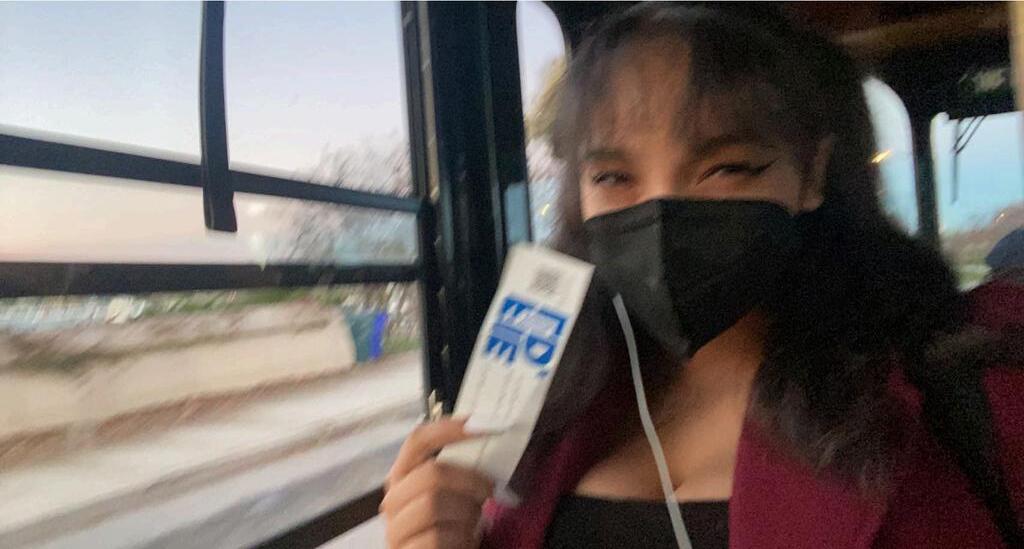

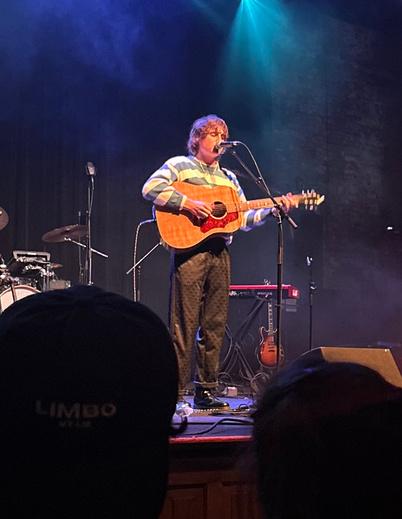
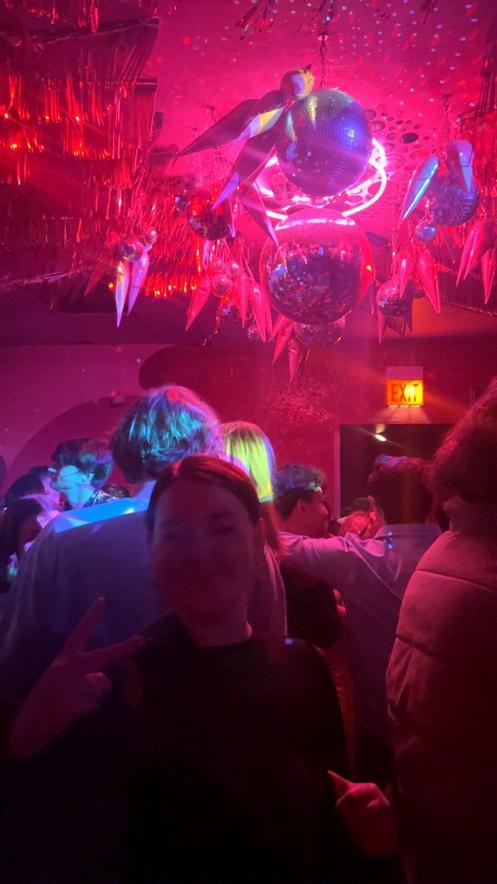
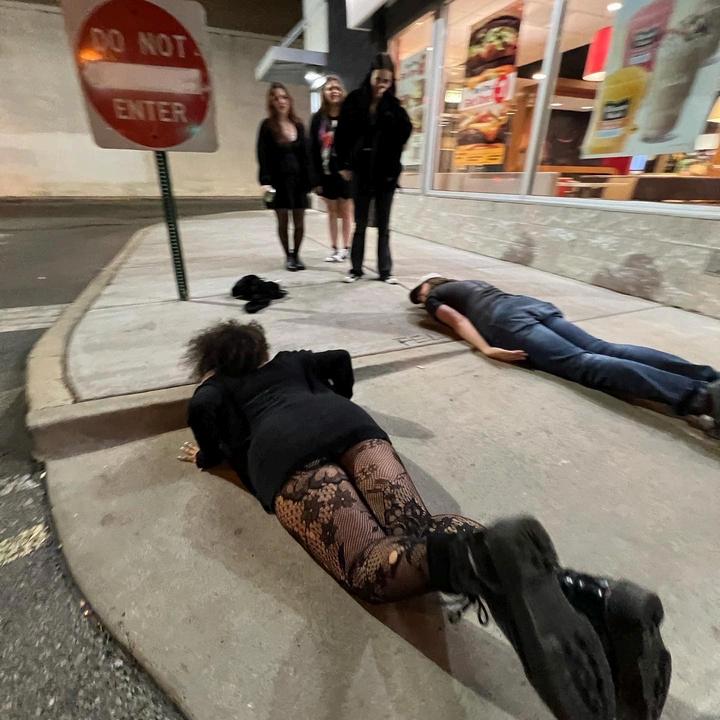
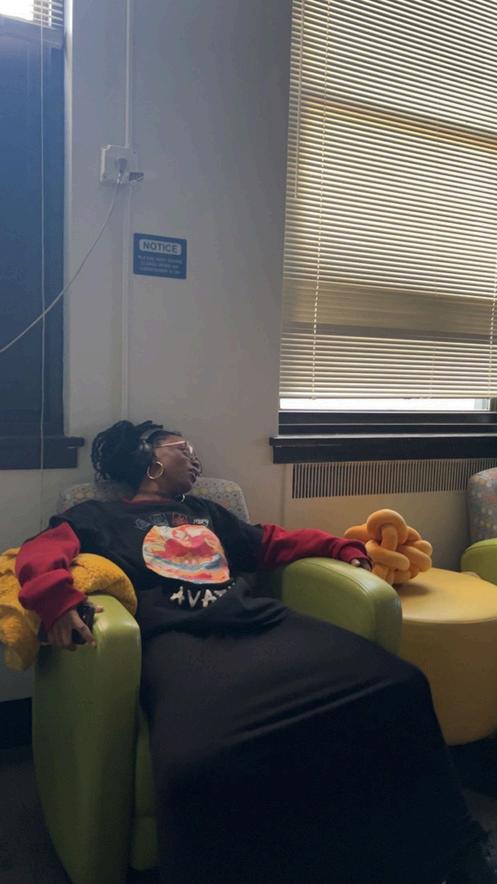

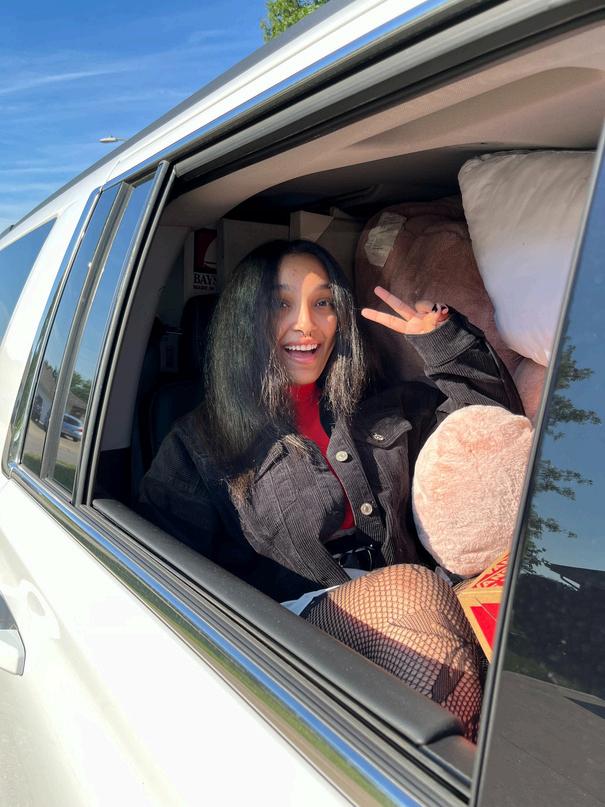

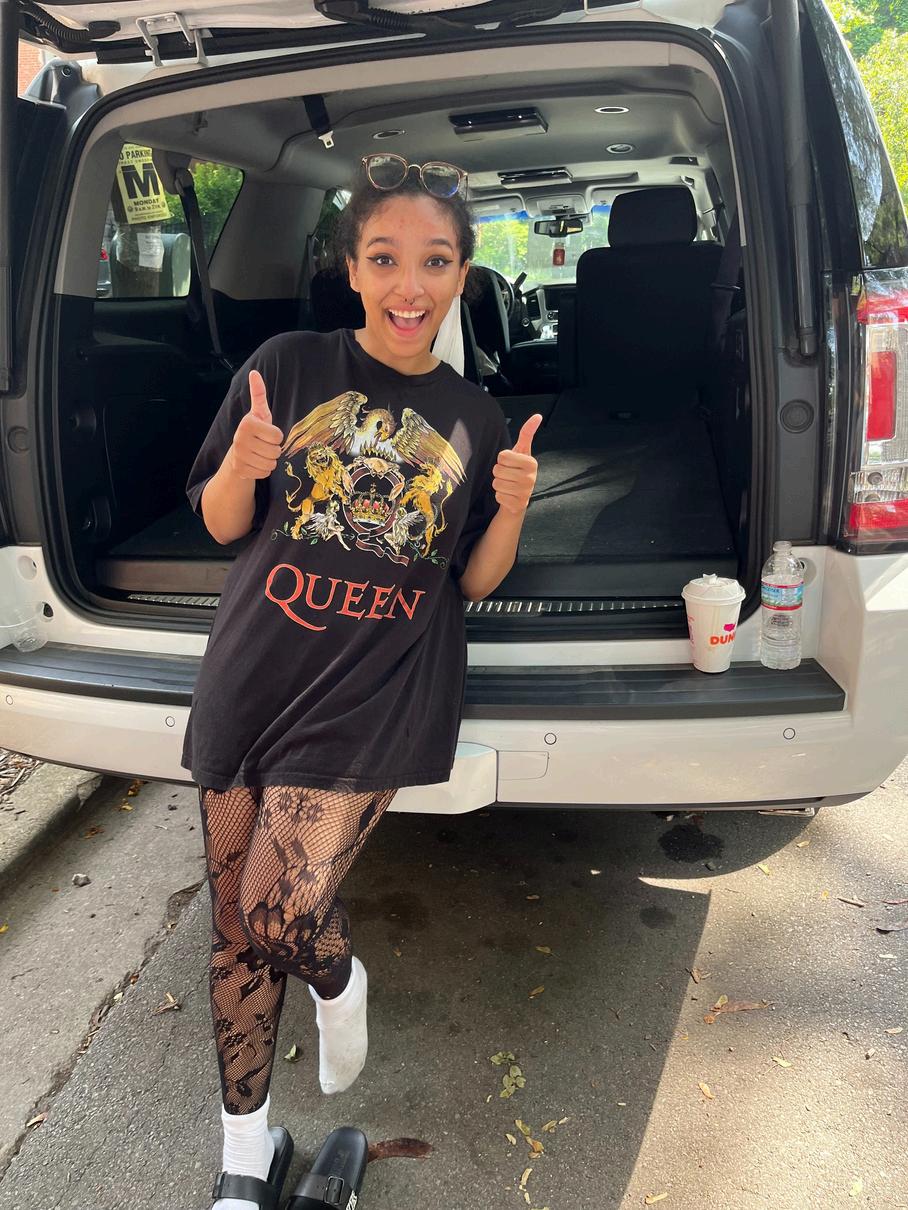
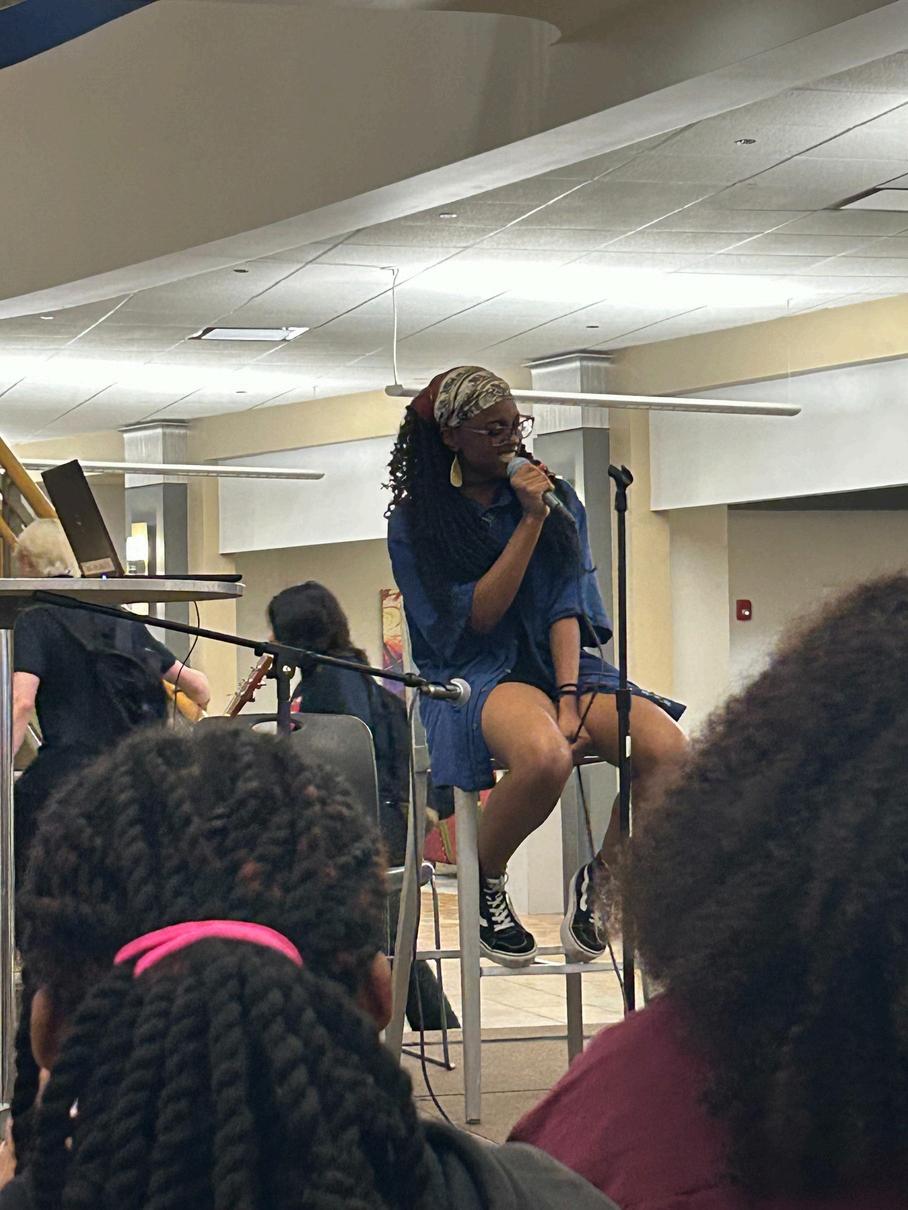
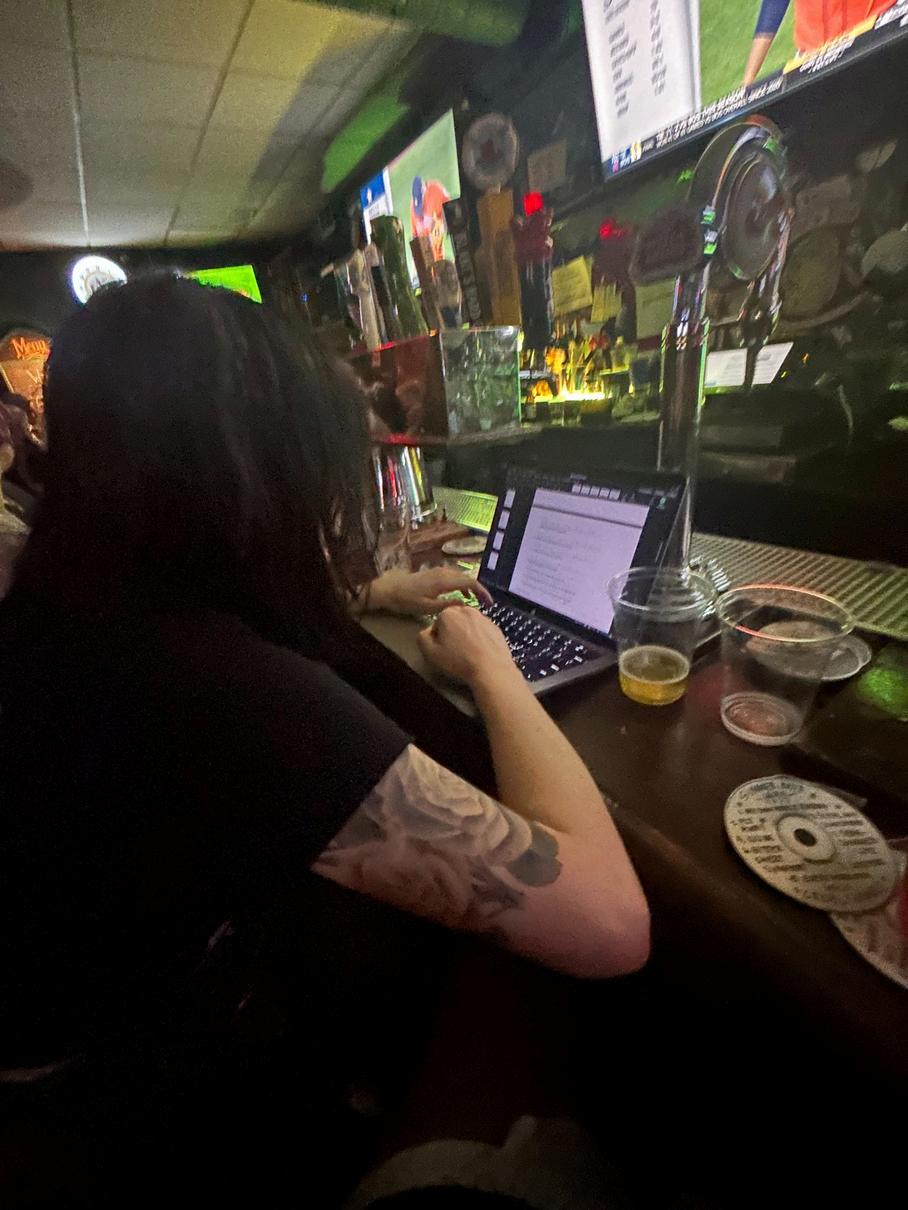
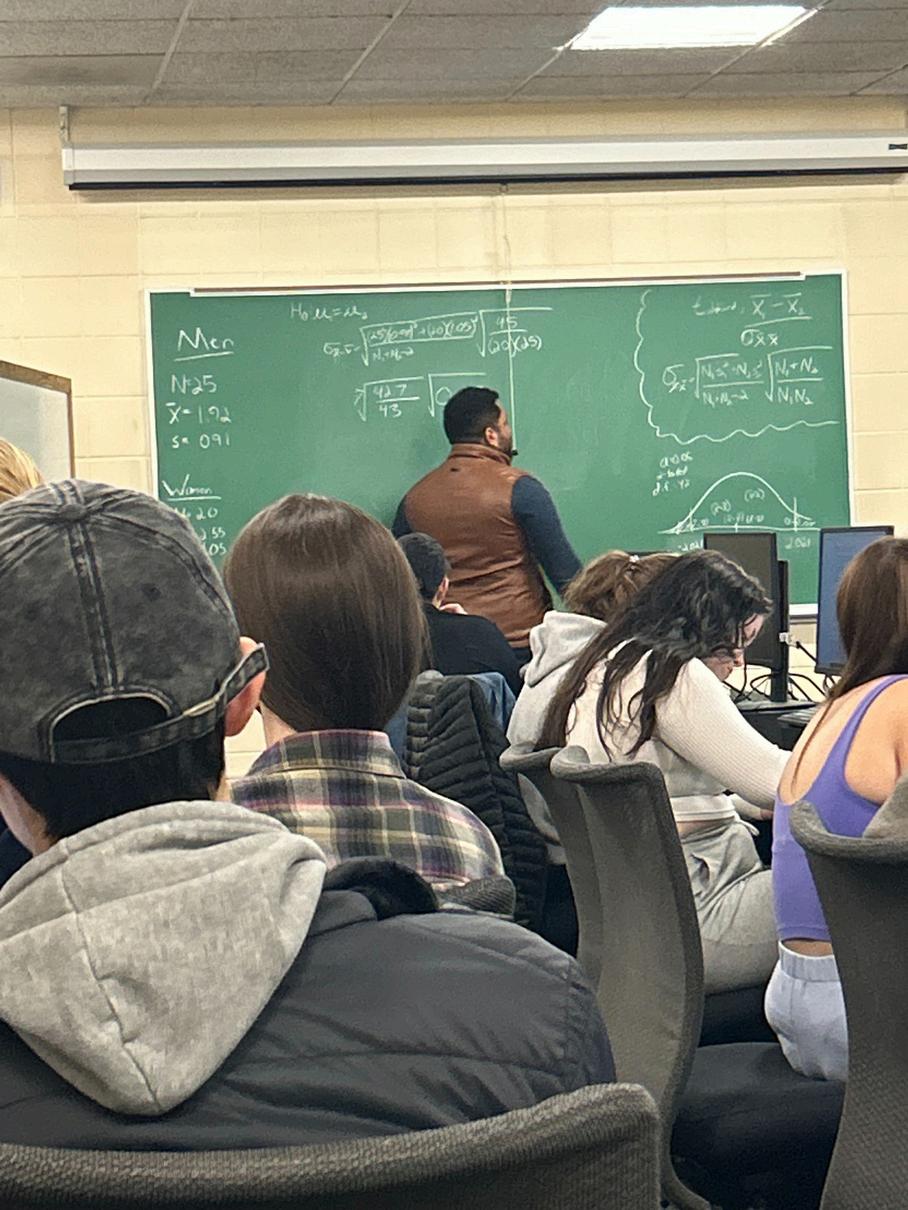

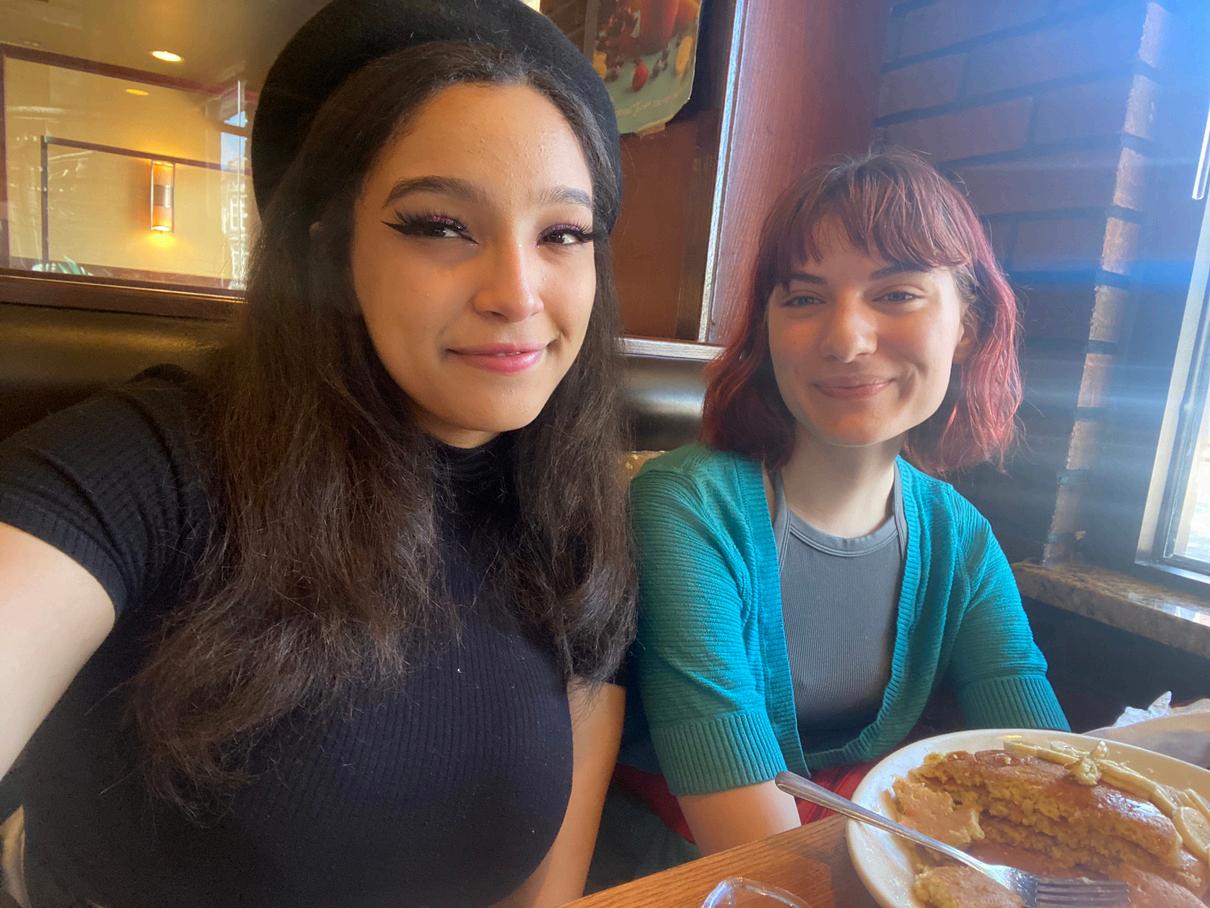
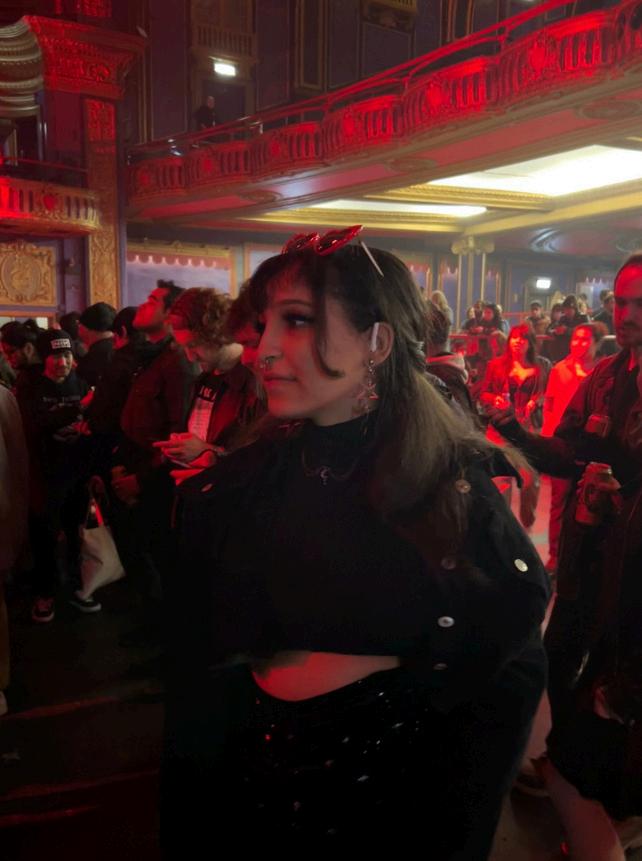


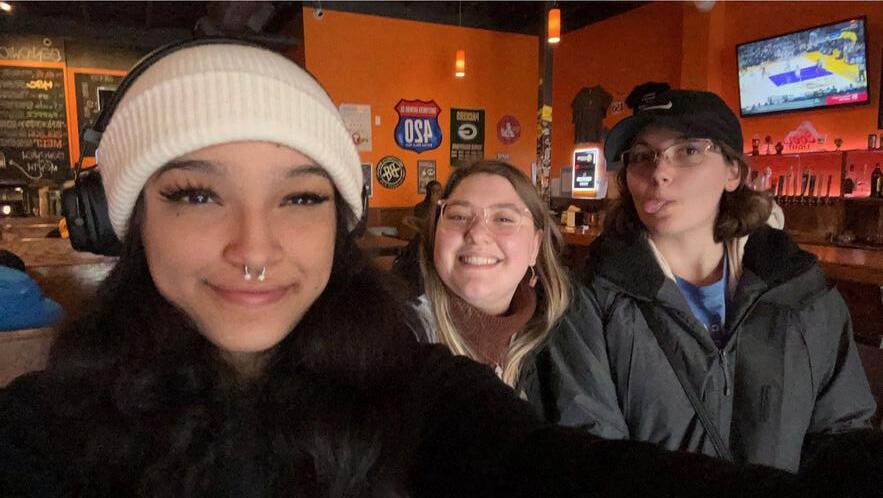
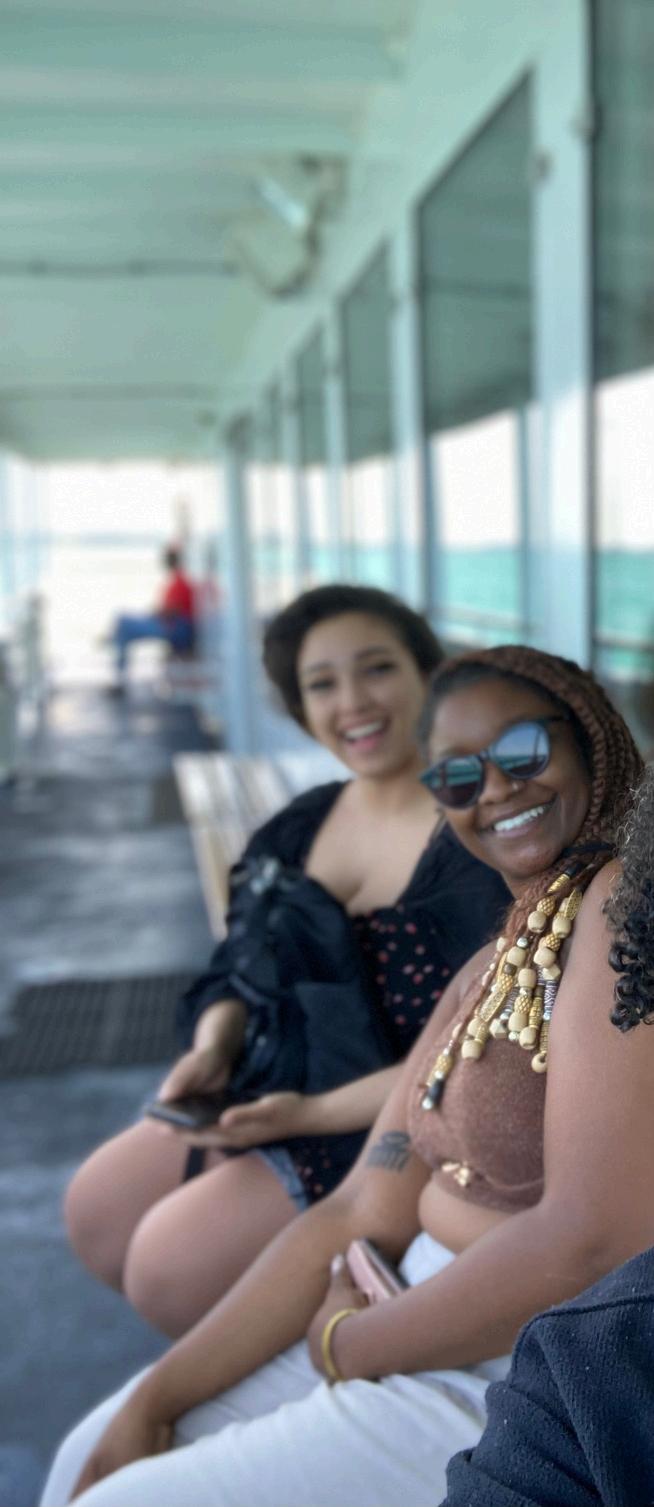
As I conclude my final year as an undergraduate and second year at DePaul, I’m filled with an overwhelming sense of fulfillment. Despite transferring last year from an institution in my home state, I can confidently say that Chicago and DePaul were always where I was meant to be. The connections that I’ve developed through the African and Black Diaspora program and the Center for Black Diaspora are touchstones that I have kept close to my heart throughout my instruction and are ones that I will carry with me even after I walk on June 16th. One of the very first things I did after receiving my acceptance letter was apply for the ABD Student Assistant position. When I think of how anxious I was writing my first cover letter for the position I feel warmth spread throughout my chest. I couldn't have imagined that just a year later I would come to love and feel so loved by the department Without the instruction, support, and dedication of the faculty, I would not be the student I am today. I was able to participate in my first two research opportunities, gain a wealth of new knowledge, and collect recommendation writers like Infinity Stones. As an English major, one of the main reasons ABD has made such an impact on me is the reprieve it offered from the same recycled writers and the racist worldviews that informed their texts.
Through working and studying under the ABD department I’ve gotten to explore numerous interests and link them to Black studies. ABD has provided me the space to explore the intersections of my interests as I developed in my undergraduate career. From leading archival research, Newsletter curation, graphic design, content creation, general outreach, and even creating and hosting a department podcast, I’ve been truly fortunate to explore these interests. The support provided by the ABD staff is incomparable to my previous experiences. The most rewarding part of being in this program has been experiencing these waves of


acceptance and empathy that can only be found in ABD classrooms. During my work as a student assistant, I was able to interview present and past students who were a part of the ABD program. What I mentioned above is something that resonates throughout each class of ABD students. One alum I was fortunate to interview was Kamelotte Gregory, a 2018 graduate who also wrote a senior reflection at the end of her time as an ABD major. Even 6 years ago students, “didn’t realize how much [they] deeply craved representation until [they] walked into a [ABD] class.”
Fulfilling this craving for representation in academia eradicated the most crucial roadblock in my studies. I hadn’t realized how truly fatigued I was by my first and second-year coursework until my first ABD class. I do not mean this lightly when I say that Dr. Francesca Royster meticulously revived my adoration for literature through her Toni Morrison topic course. Before starting my Junior year at DePaul I felt underwhelmed with the constant stream of white Romanticists that dominated my English major curriculum The community I built with my peers in Royster’s course counteracted the encounters I had at the PWI back home, where I was constantly targeted for discussing Black academia and history. Enrolling in the African and Black Diaspora Studies program as a minor is one of the best decisions I’ve made in my academic career. The acceptance from professors coupled with the positive and productive engagement with my peers has
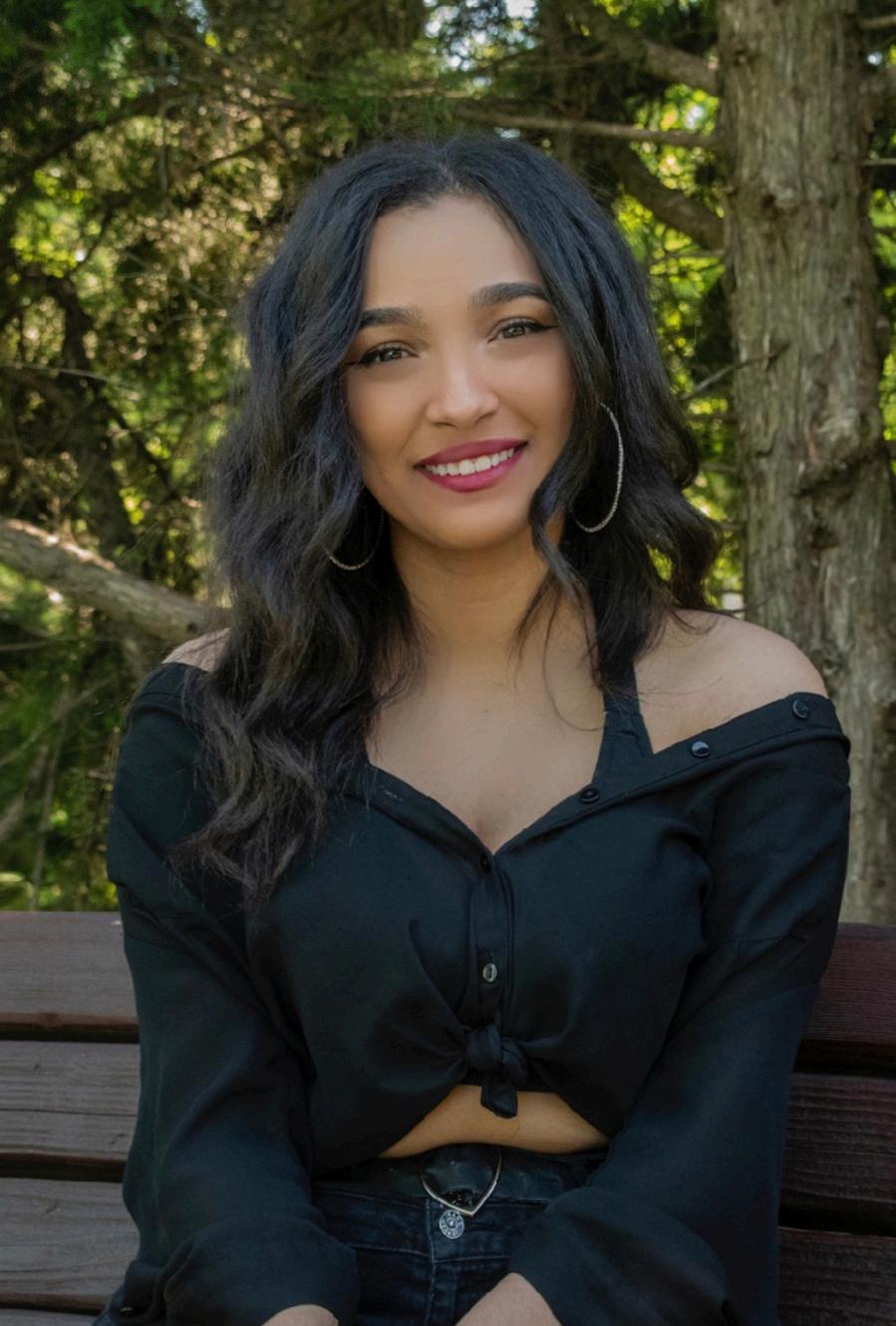
propelled my academic growth to heights I wouldn’t think possible in any other field. I want to extend a special thank you to Dr Julie Moody-Freeman, Jennifer Gardener, and Dr. Ashley Stone, for their academic and emotional support. Thank you, to all the professors at DePaul who ignited my passion for literature again.


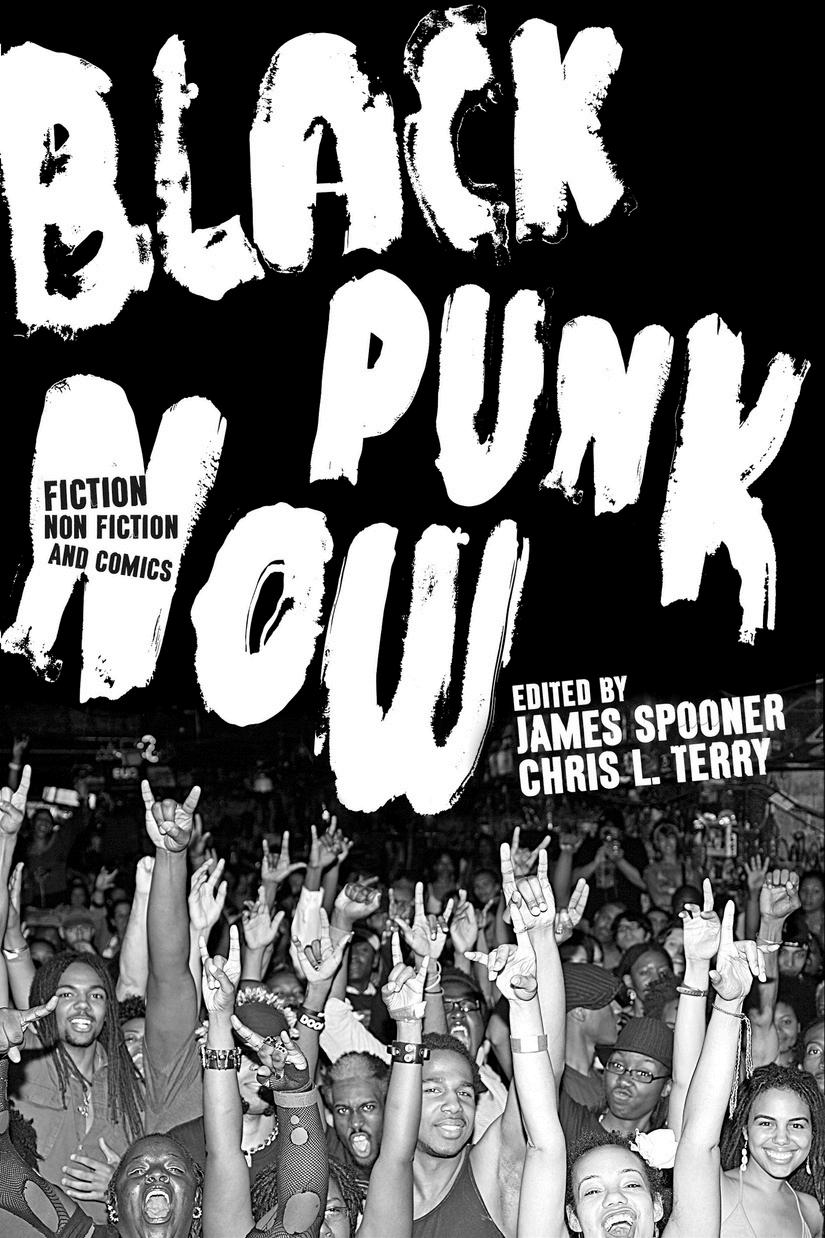
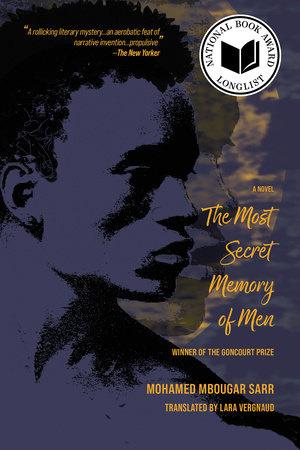
The slave, Saidiya Hartman observes, is a stranger torn from family, home, and country To lose your mother is to be severed from your kin, to forget your past, and to inhabit the world as an outsider. In Lose Your Mother, Hartman traces the history of the Atlantic slave trade by recounting a journey she took along a slave route in Ghana. There are no known survivors of Hartman's lineage, no relatives to find She is a stranger in search of strangers

EDITED BY JAMES SPOONER & CHRIS L. TERRY
Black Punk Now is an anthology of contemporary nonfiction, fiction, illustrations, and comics that collectively describe punk today and give punks especially the Black ones a wider frame of reference. It shows all of the strains, styles, and identities of Black punk that are thriving, and gives newcomers to the scene more chances to see themselves.
BY MOHAMED MBOUGAR SARR TRANS. BY LARA VERGINAUD
A gripping literary mystery in the vein of Bolaño’s Savage Detectives, this coming-of-age novel unravels the fascinating life of a maligned Black author, based on Yambo Ouologuem “The Most Secret Memory of Men” is an astonishing novel about the choice between living and writing, and the desire to transcend the divide between Africa and the West. Above all, it is an ode to literature and its timelessness
Dr. Mark DeLancey
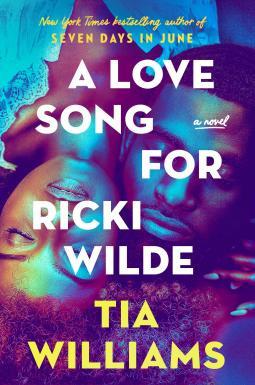
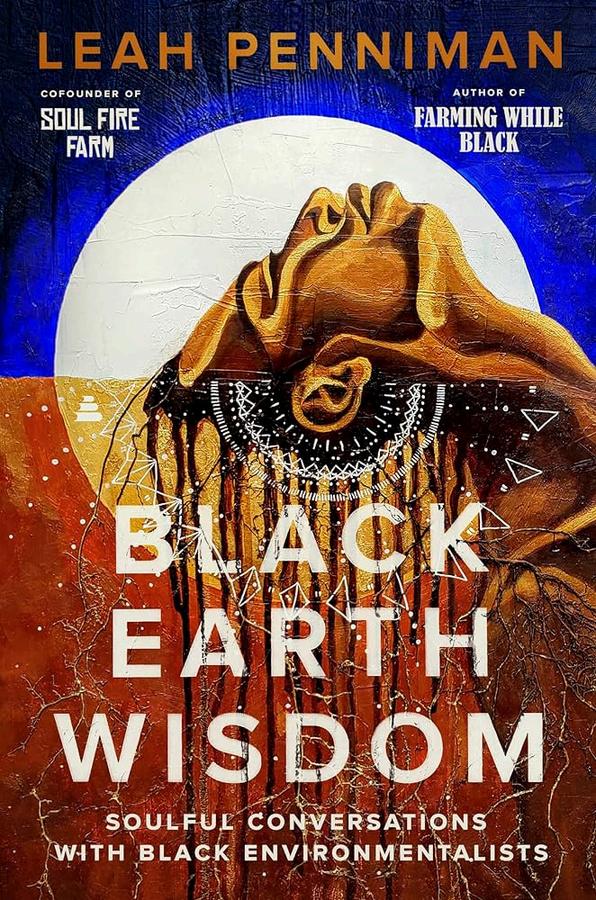

In this sexy modern-day fairytale from the New York Times bestselling author of Seven Days in June, a freespirited florist and an enigmatic musician share a soul mate connection told through the history, art, and magic of Harlem.
Dr. Julie Moody-Freeman

A soulful collection of illuminating essays and interviews that explore Black people’s spiritual and scientific connection to the land, waters, and climate, This anthology brings together today’s most respected and influential Black environmentalist voices leaders who have cultivated the skill of listening to the Earth to share the lessons they have learned.
Dr. Julie Moody-Freeman
This is an analysis of the African Diaspora. It will define the African Diaspora and how the concepts behind the term came to be socially and historically engineered. The African diaspora is then placed into a broader historical context where the diverse, global, and overlapping histories of Africa's ancient-ongoing diasporas will be explored. In particular, themes of injustice, agency, resistance, and diversity are heavily featured
Dr Ogenga Otunnu
cover artist instagram: art.by.laurita editor: Airianna O’Donohue



email: abd@depaul.edu
social media: abddepaul connect with us!
